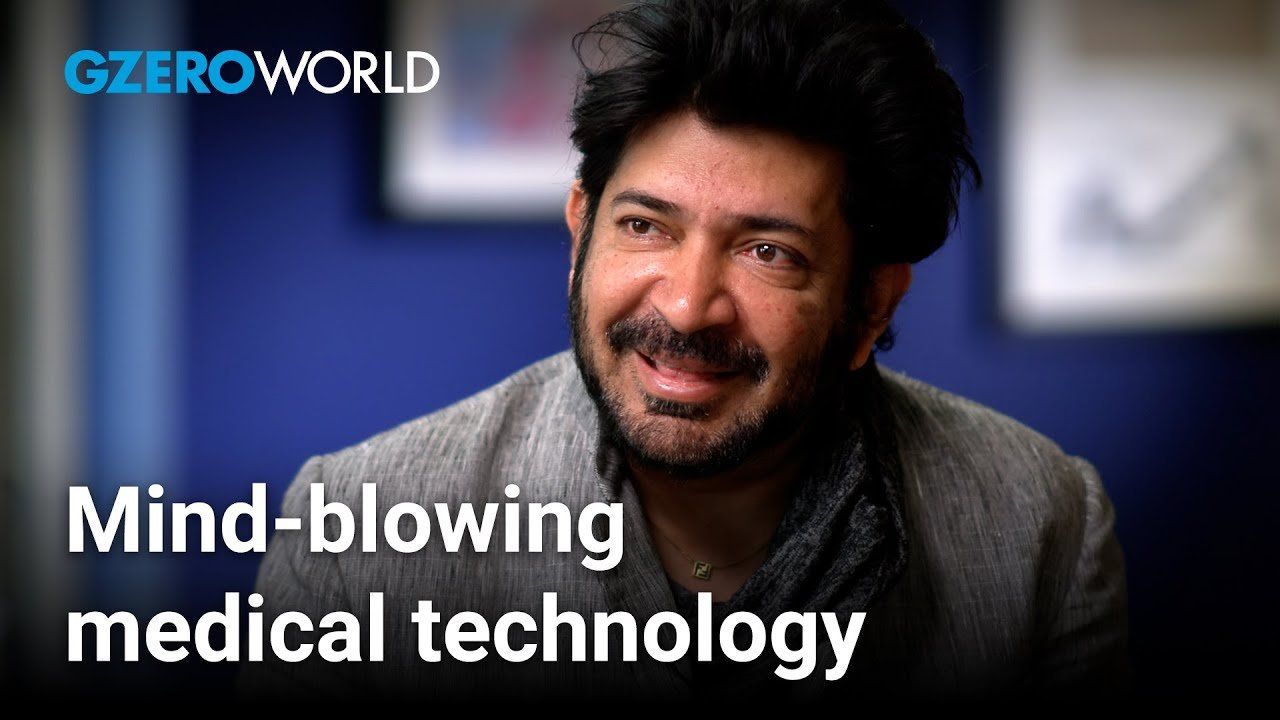GZERO World Clips
Siddhartha Mukherjee: CRISPR, AI, and cloning could transform the human race

CRISPR, AI, and cloning could transform the human race | Siddhartha Mukherjee | GZERO World

Technologies like CRISPR gene editing, synthetic biology, bionics integrated with AI, and cloning will create "new humans," says Dr. Siddhartha Mukherjee.
On GZERO World, Ian Bremmer sits down with the cancer physician and biologist to discuss some of the recent groundbreaking developments in medical technology that are helping to improve the human condition. Mukherjee points to four tools that have sped up our understanding of how the human body works: gene editing with CRISPR, AI-powered prosthetics, cloning, and synthetic biology. Gene editing with CRISPR allows humans to make precise alterations in the genome and synthetic biology means you can create a genome similar to writing a computer code.
“That technology is groundbreaking, and it really shook our worlds because I hadn’t expected it,” Mukherjee says.
Mukherjee also talks about bionic prosthetics that help us extend our hands, brains, and other body parts with artificial intelligence. AI learning algorithms mean that prosthetics like neural implants can work more efficiently, adapting to each body's specific environment and making them more effective. The last tool Mukherjee highlights is cloning, a technology that’s been around for decades but has recently become much faster and easier. Right now, these four technologies are sitting in different silos. In the near future, however, some combination of these tools will be applied to real individuals, which will profoundly impact the medical landscape of biological science and lead to what Mukherjee calls “the new human.”
At the 62nd Munich Security Conference in Munich, GZERO’s Tony Maciulis spoke with Benedikt Franke, Vice Chairman and CEO of the Munich Security Conference, to discuss whether the post-1945 global order is under strain or already unraveling.
Zelensky agrees: elections matter #PUPPETREGIME
As more small businesses move sales, payments, and customer relationships online, they unlock new opportunities, but they also become easier targets for cyber-criminals and other threat actors.
When Japanese Prime Minister Sanae Takaichi called snap elections last month, it was a big gamble. Holding a winter election just four months into her tenure with no real policy record to run on?